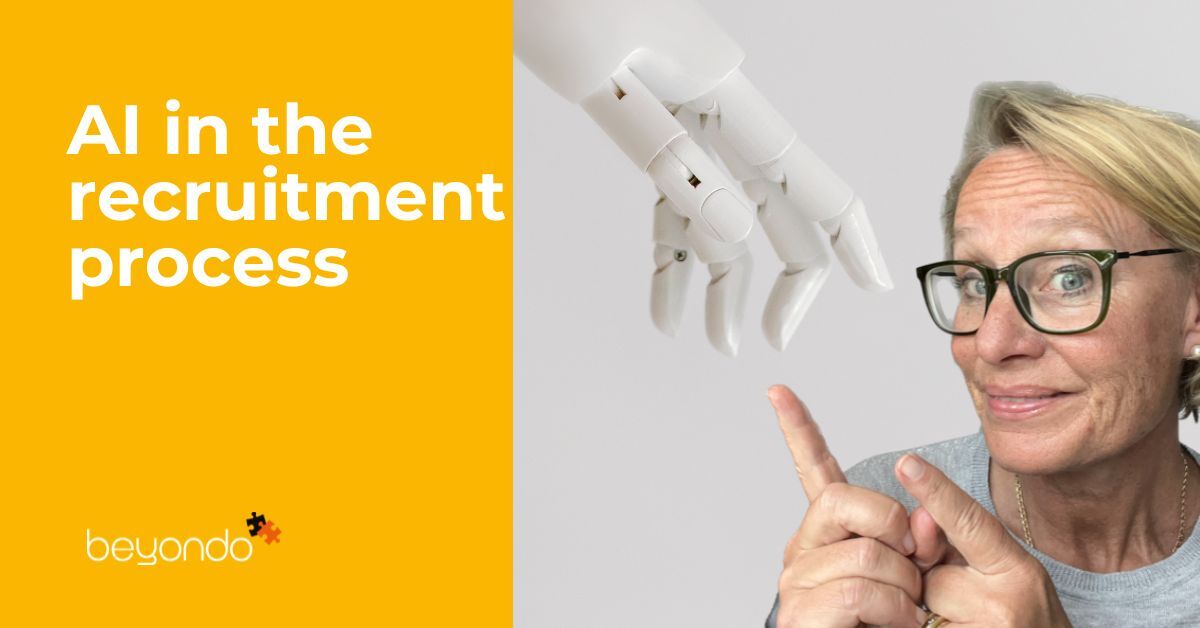The CV is the most important tool when you are looking for a job, they say.
"We believe one can secure a job without a CV, as one does not hire a CV, one hires a person."
We also believe in hiring for attitude. But it is a good start for presenting yourself and it is still needed for reaching out in digital channels. We have selected some tips for you, to stand out when making your resume as a CV.
Curriculum Vitae (CV)
Your CV, or resume, is vital to your success in presenting yourself on the job market. Your CV markets your relevant skills, experience, and value to a potential employer. A good CV will substantially boost your chances of securing an interview, and thus of getting a job.
There are no rights or wrongs when it comes to writing a CV; each one is unique. So, don’t copy the text of standard CV samples! Your CV text should be original and reflect your own talents and personality.
Still, you should follow a few basic formatting principles to ensure you present your information in the clearest, most concise, and most effective way.
Personal details
- List your full name, address, and phone number.
- Don’t forget to add your current e-mail address.
- Make sure you give accurate details, so you can be contacted accordingly.
- Your nationality and date of birth are appreciated but not obligatory. By excluding this, you avoid being ‘judged’ by a biased person reading your resume.
Work experience
- We advise you to list your most recent experience first and follow this up with previous experiences in reverse chronological order.
- Make sure you state the name of your employer, your job title, and most importantly, your tasks and responsibilities. You should also include part-time and voluntary work experience, if applicable. Any timeline gaps in a resume should be explained.
- List your work experience in short, plain sentences. (Tip: start each line with a verb such as coordinated, managed, organised etc.)
- Point out any additional qualities or experiences you gained during your employment.
- For a clean, well-organised look, use bullet points.
Education
- List your qualifications. The highest degree/current degree should be first. Include the type of degree, name of the university, location and (anticipated) date of graduation.
- List other degrees, relevant higher education coursework, ongoing professional education and training courses as well as study abroad.
Skills
- Include specifics such as IT skills, and for languages, make sure to mention your current level of fluency (spoken and written).
References
- Although not required, it is customary to provide the names and contact details of two references.
- Graduates and starters can list college lecturers, teachers and the managers of their internships, if applicable.
- Be sure to contact your references in advance, to let them know that someone may contact them.
Hobbies
- Details of hobbies are not a must. It does, however, give the employer a more complete picture of your personal qualities. But this can perhaps be done better in a personal meeting, to avoid any biased opinions on your hobbies. Do not let hobbies cover up for any lack of work experience.
Presentation
- Be aware of the fact that your CV is, in many cases, the first impression a recruiter, talent acquisition team or employer will have of you. Obviously, the impression it makes will have an impact on the screening process. Invest time in your CV and create an excellent marketing tool to help you increase your job opportunities and further your career.
- In Sweden, it is customary to send a one-page CV and a personal letter when applying for an entry-level position or when you lack work experience. Two-page CVs are acceptable if you provide a good description of your skills and experience. A good CV highlights your skills and accomplishments and excludes irrelevant information.
- At Beyondo, we do not require or find a personal letter necessary. However, should you apply to a company directly, many companies still ask for this.
- CVS should follow a logical, easy-to-read format and be free of any spelling, punctuation, or grammatical errors.
- We strongly advise not to use a too-fancy layout. The plainer, the better.
IMPORTANT
Make sure your CV is well laid out, with clear headings and enough spacing between sections so that your information is easy to read. Keep your CV simple and concise, so that the reader does not lose interest. Do remember that a person might only use a couple of seconds to screen your resume. Emphasise your most relevant experience and skills to encourage the reader and potential employer to read on. List other skills which make you stand out in the job search crowd, such as languages (be sure to include your level of fluency) and IT skills. Try not to leave any gaps in your employment record as employers may assume the worst. You may wish to mention the reason for leaving a job (travel, study, etc).
Be aware - some employers check your references for accuracy.
Keep the layout simple. Avoid fancy fonts and distracting colours. Be selective when listing the training courses you have completed. Check thoroughly for spelling and grammatical errors. Read your CV text aloud to catch the little mistakes which are easy to miss. You might want to have your resume proofread by an external person to make sure it does not have any mistakes.
If you want to share your CV with us, please register your details on our Talent Pool page.
Do you want more information on the topic? Welcome to read our blog on Crafting a strong CV.
Good luck!


